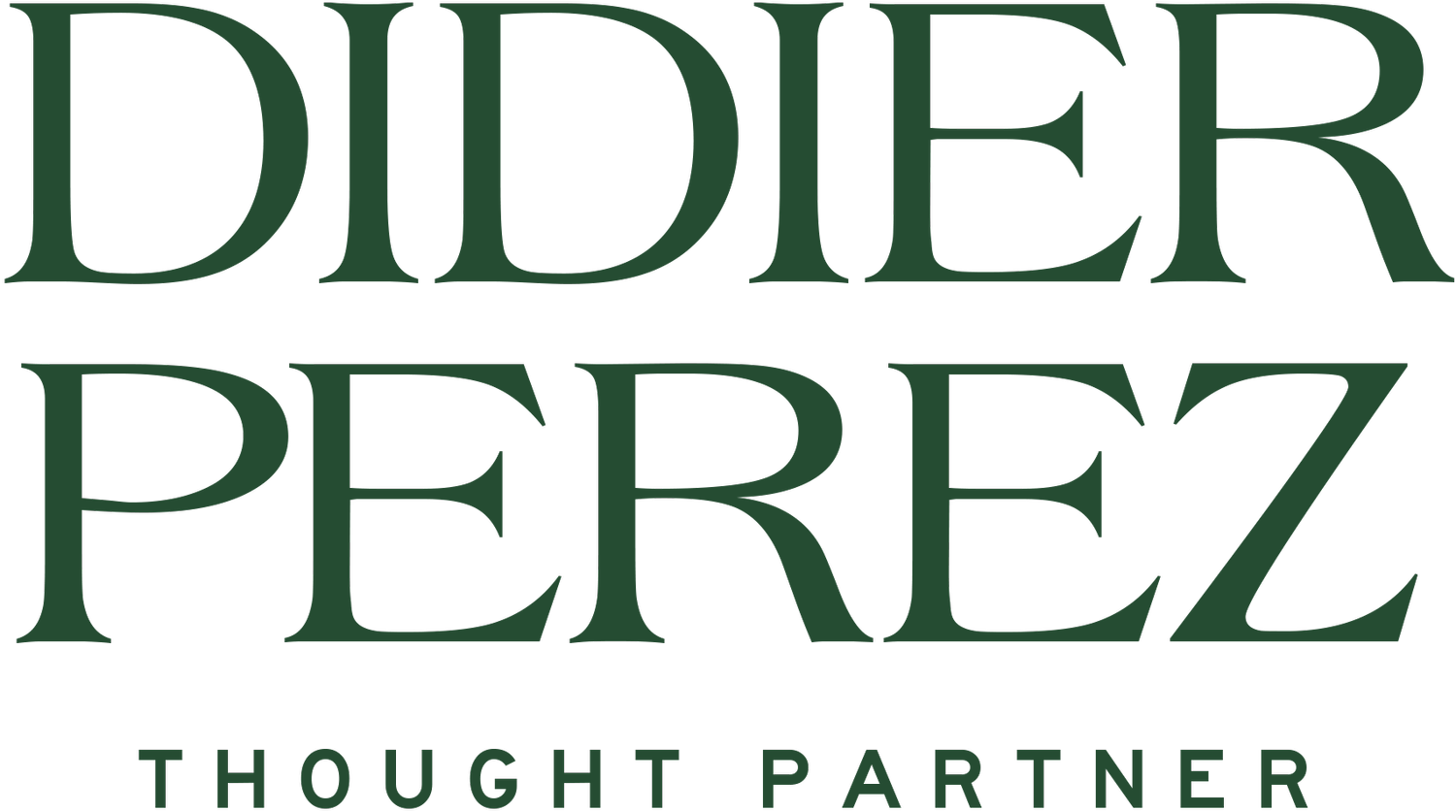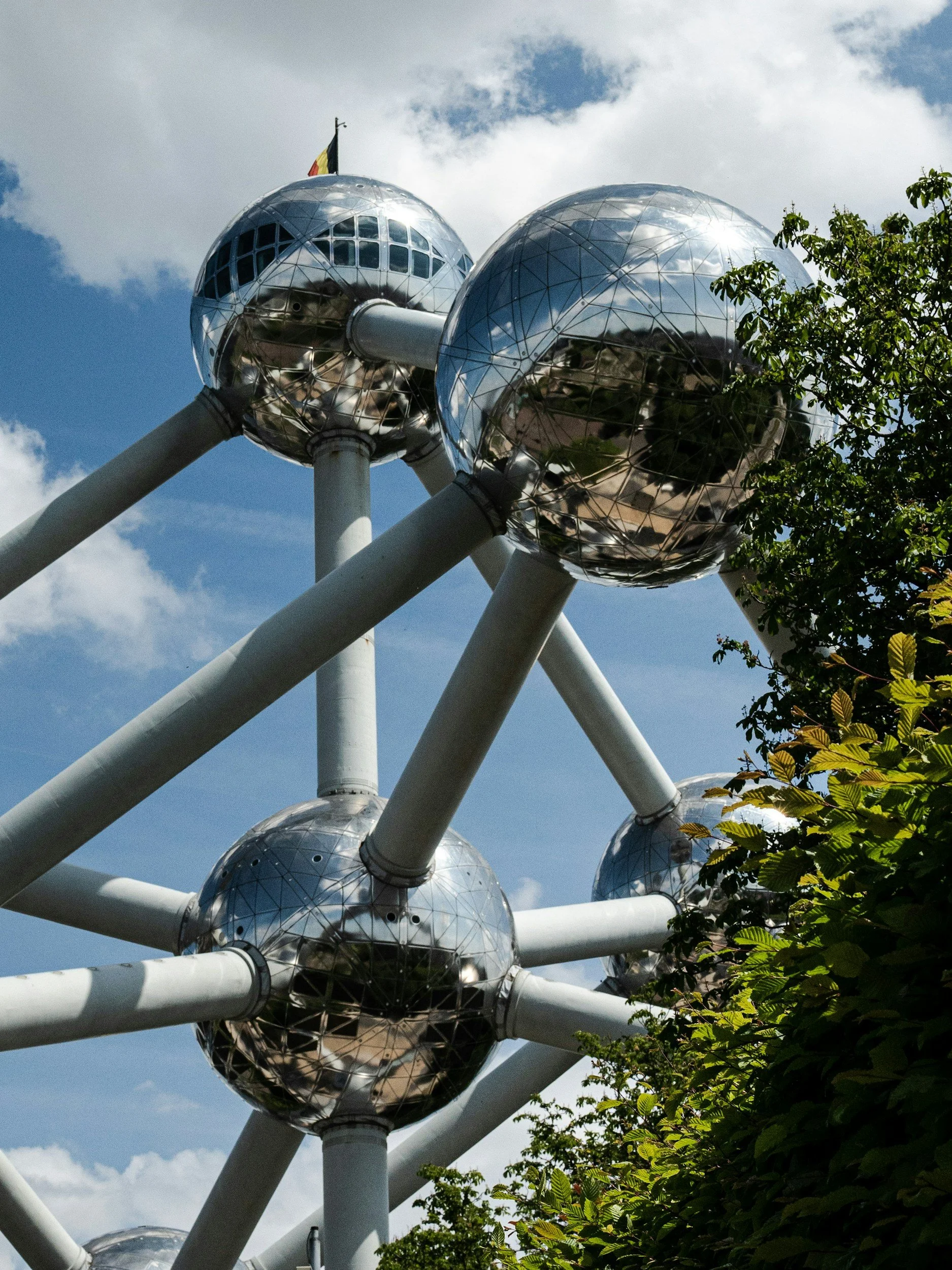Methodologies
Coaching Model Types
Grow Model
Source: John Whitmore, Coaching for Performance
-
Dynamic: Coach is positive and believes in human potential
What to do? : Coach follows client interest and provides structure
Coach’s role: Provide a consistent, predictable safe space for the client to use
Ownership of the process lies with the coachee
-
Is on learning through increased self-awareness
-
Goal: What are you aiming to achieve?
Reality: What is your current situation?
Options: What options do you have?
Wrap-up: What are you going to do and when?
Behavioral Coaching
Source: Jonathan Passmore, Behavioural Coaching
-
Dynamic: Highly Structured process-driven relationship between coach and coachee
What to do? : Coach may be directive, teach and provide training output
Coach’s role: Provide a consistent, predictable safe space for the client
Ownership of the process lies with the coachee
-
Behavioural outcomes/actions (vs. emotional/mental states)
-
Stage 1: Reflection
Stage2: Preparation
Stage 3: Action
Stage 4: Maintenance
Therapeutically Informed
-
Dynamic: Coach is an active, open partner and builds strong personal relationships; coach needs to tolerate that outcomes are harder to quantify
What to do? : Coach attends to his own countertransference and uses it as data
Coach’s role: Provide a consistent, predictable safe space for the client to use
Ownership of the process: lies with the coach
-
Is on personal development by working with the unconscious and making links between past and present
-
Open flow
Role Consultancy (PRO)
Person – Role – Organisation
Source: Derek Deasy
-
Dynamic: Coach takes a system position consultant role to the client.
What to do: Client is seen as embedded within the system in which he operates. The client is best viewed as the system, not the individual
Coach’s role: Provide a consistent, predictable safe space
Ownership of the process: lies with the coach
-
Is on the coachee’s organisational role, which is where the individual and the system meet. How individuals understand and work with his or her role as given or taken within the organisation
-
Person
Role
Organisation
“Understanding a question is half of the answer.”
— Socrates





